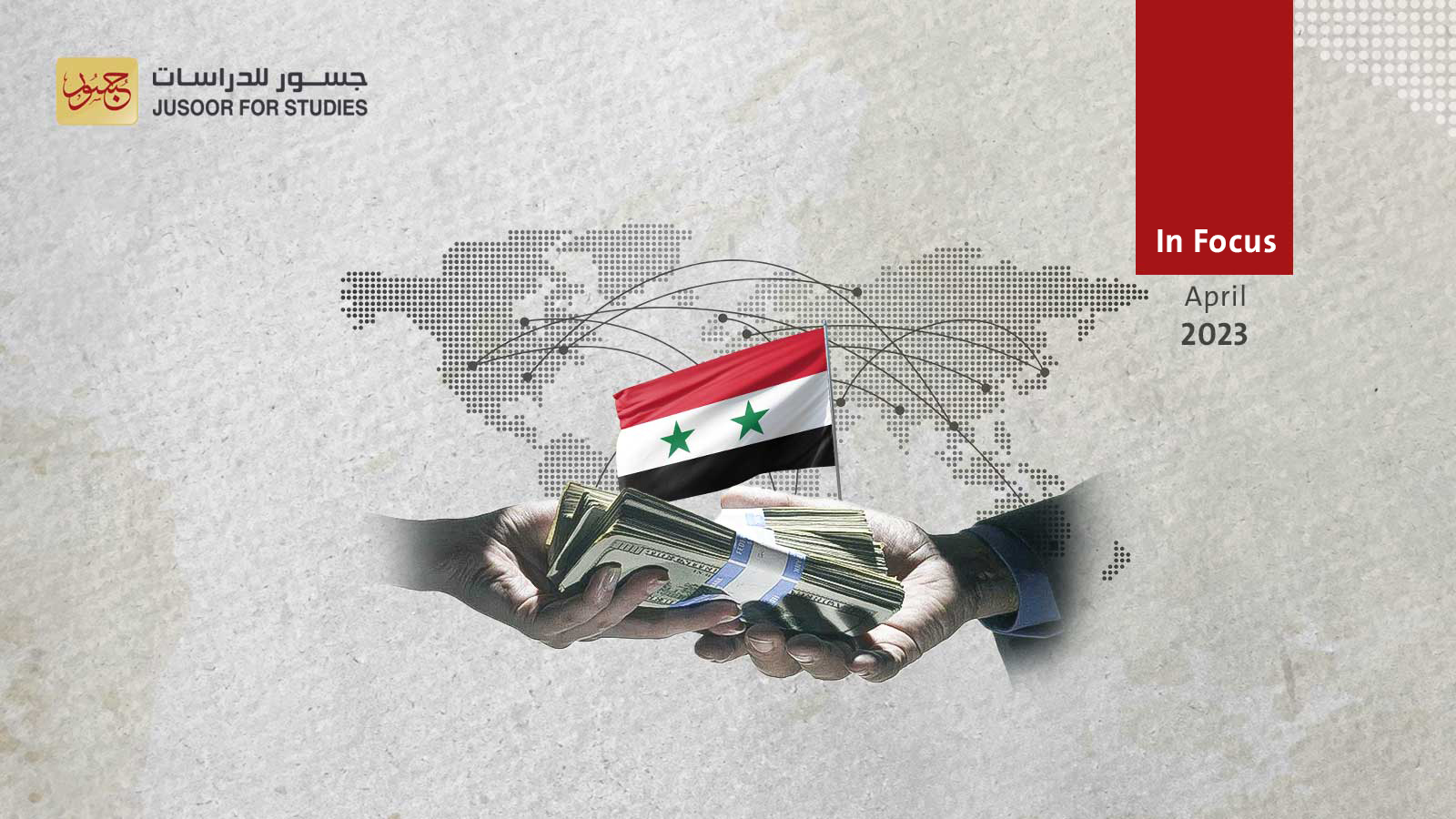What does the regime aim by deciding to grant foreign currency loans?
The Syrian regime’s Monetary and Credit Council (MCC) has approved the possibility of granting loans in foreign currency for banks licensed by the Council itself. This is, according to the regime, in order to finance development investment projects in Syria, provided that the investor must reside in Syria. Behind this step, the MCC aims to rem ove the banks’ arguments for reluctant to grant loans due to the high inflation that occurred in the country; especially since most borrowers who obtained loans in local currency in 2011 and earlier, have had their loans values decreased exponentially due to the depreciation of the Syrian local currency (SYP), which consequently caused huge losses for the banking sector.
Moreover, this step was discussed repeatedly in the Central Bank's meetings held with banks and merchants, as ways to enhance lending operations and revitalize markets were discussed. In fact, such a step was proposed by the technical staff in the banking sector. It was also supported by businessmen in the Syrian Chambers of Commerce and Industry, after it was agreed that the mechanism for paying installments should remain in foreign currency. Agreeing on such a proposal, merchants aim at financing the import of machinery and equipment for new projects, which cannot be imported in the local currency in any case. However, the professional staff who made such a proposal, believe that these assets are sufficient to preserve the rights of the bank.
The MCC also works on boosting investments and sucking more foreign currency to the Syrian banking sector, by imposing conditions to ensure that funding of projects must be in foreign currency and not be less than the value of the installments and interests of the credit facilities granted.
There is no doubt that this is an unprecedented step taken by the MCC; because such an action serves the Council goals. In practice, stimulating new investment, development and asset-building processes in Syria needs to go further, as stability is the first condition necessary for any large investments to come. Likewise, the repressive practices exercised by the security branches and government institutions over merchants and owners of establishments cannot encourage any businessman building a factory or a large economic facility; except for the regime henchmen.
Although the capital owners and investors in banks supported this idea in theory after it was proposed by bank staff members, whose work is to discuss technical issues only, the high risks of granting such loans will make them refrain from providing any sums of money in addition to the capital they currently have in banks. As such, it is not expected that the Syrian regime’s banks can be able to bring any foreign currency amounts from foreign investors or financial institutions for the same reasons.
Finally, the timing of the decision indicates that the MCC is looking to harvest the greatest possible gains from US sanctions exemptions, which were issued against the backdrop of the February 6 earthquakes, that allows money to flow to and from Syria. However, such exemptions are limited to a relatively short time of 180 days, while the regime seeks, through the MCC, to take advantage of foreign funds in banks, which belong to humanitarian organizations, or those that are sent on a humanitarian basis in investment activation operations.








